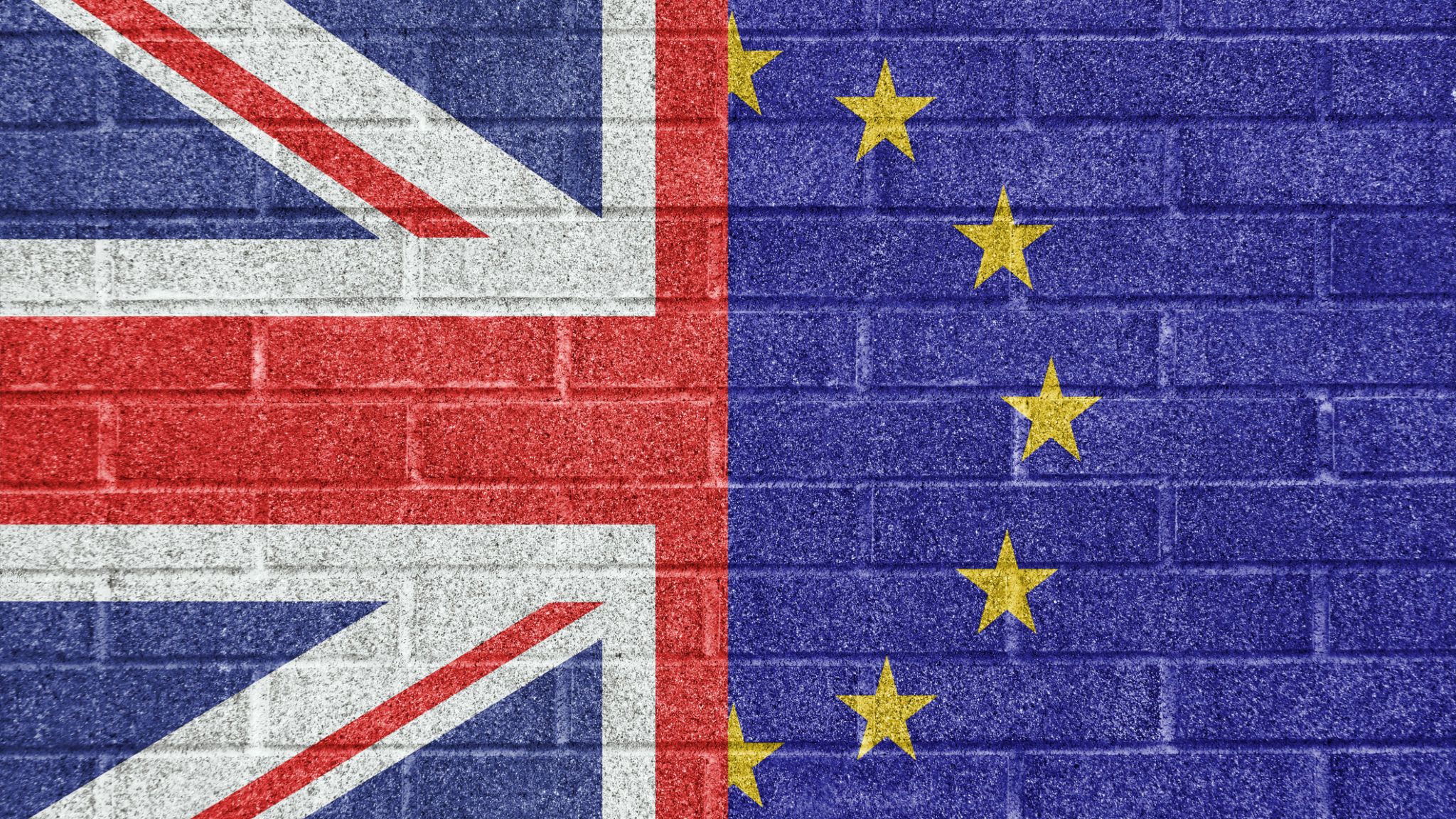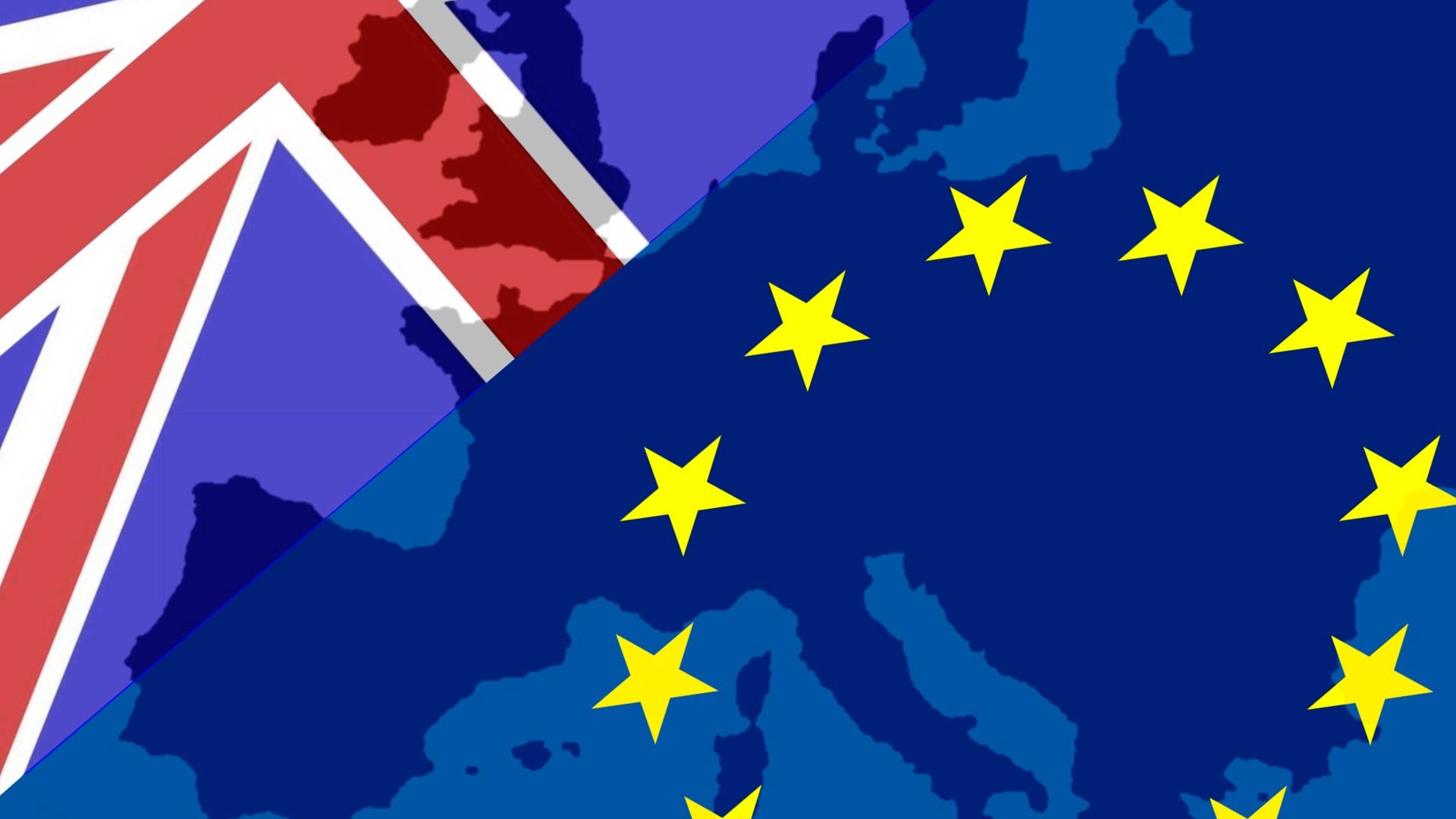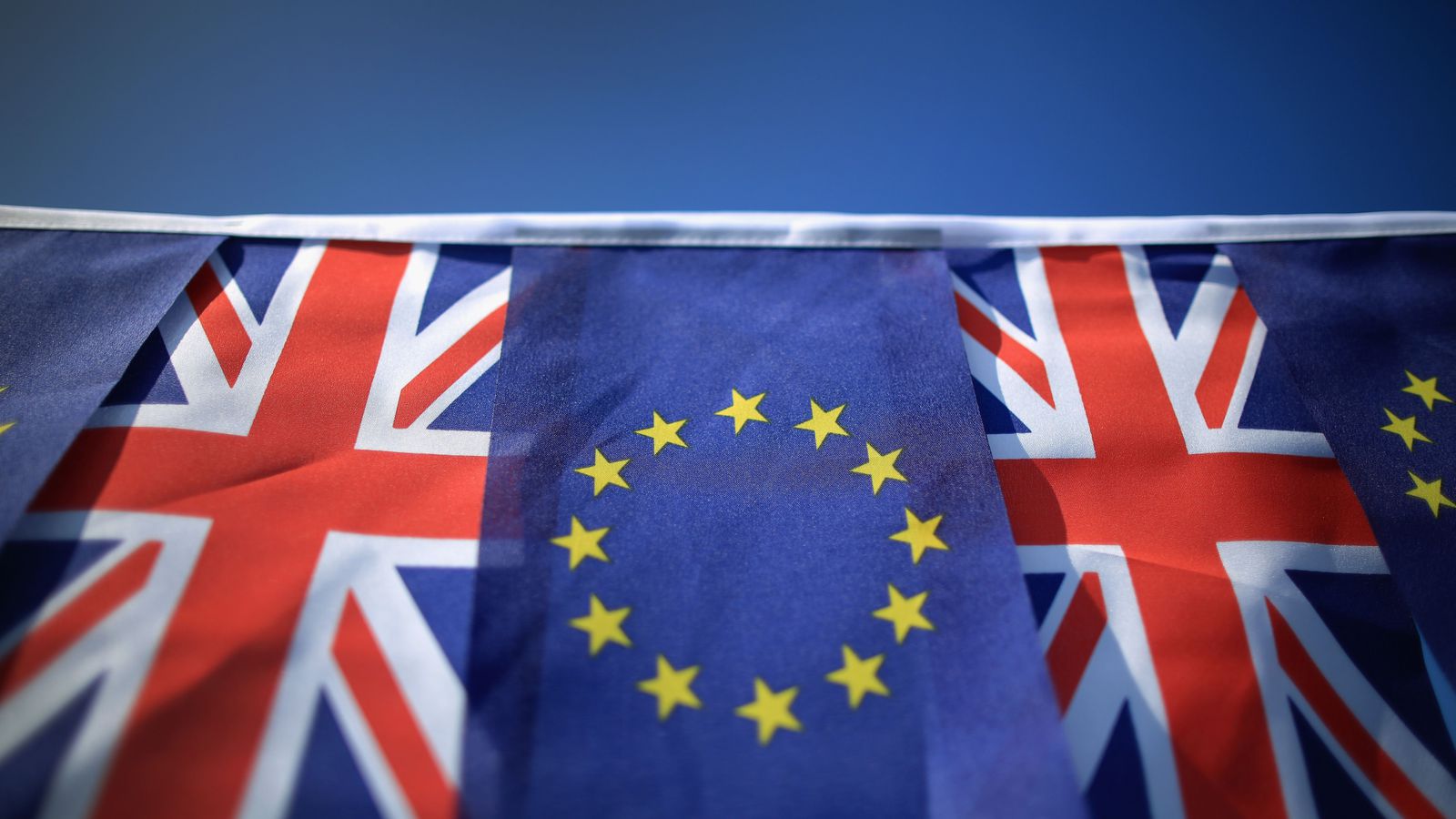On June 23rd
This decision will have a great impact on the United Kingdom and the future of our international relations. However, large cohorts of the public are misinformed and confusing over the meaning of terms means they are excluded from the debate. This article will clear up what terms likely to be used in Brexit proposals actually mean

Customs Union
A group of states that have agreed to charge the same import duties as each other and usually to allow free trade between themselves. The customs union reduces administrative and financial trade barriers such as customs checks and
The advantages of leaving the customs union are that Britain would be able to negotiate free trade deals with non-EU countries
Chequers plan
The white paper is officially named The Future Relationship between the United Kingdom and the European Union. However, it is nicknamed the Chequers plan because it was agreed by the Cabinet at Chequers, the PM’s country residence.
It covers four areas: economic partnership, security partnership, future areas of cooperation such as aviation and nuclear power, and the frameworks needed to enforce the agreement.
It is “aimed at ensuring trade cooperation, with no hard border for Northern Ireland, and global trade deals for the UK”

Single market
An association of countries trading with each other without restrictions or tariffs. The European single market came into effect in 1993. It accounts for 25% of global GDP and is, by far, Britain’s biggest trading partner.
Currently, 45% of the UK’s exports are to the EU while 50% of imports are from the EU. Access to the single market is based on countries signing up to the core principle of the free movement of goods, people, services
White Paper
White papers are documents produced by the government that set out their policy proposals. They are published with the intent of further consultation before the plans are later finalised in legislation.
European Economic Area
The area that provides the free movement of people, services and capital within the European single market. Membership is open to member states of either the EU or the European Free Trade Association (EFTA).
EFTA states which are party to the European Economic Area Agreement participate in the EU’s internal market without being members of the EU. However, they must adopt most EU legislation concerning the single market, except on laws concerning agriculture and fisheries.
European Court of Justice
This is the judicial institution of the EU. It deals with disputes between parties and ensures that European law is interpreted and applied in the same way in every member state
World Trade Organisation
The global
This could be a long process because the UK would need all the other WTO members to agree on these terms. A “hard” Brexit often refers to leaving the EU without future trading arrangements in place and instead relying on WTO rules. The Treasury has warned this option could cut the UK’s GDP by 9.5% and trigger a loss of tax revenues of £66bn a year.

Facilitated customs arrangement
The government’s plan for post-Brexit customs arrangements with the EU. A facilitated customs arrangement (FCA) would see goods coming into Britain but destined for the EU charged an EU tariff.
Goods intended to remain in Britain would be charged the UK’s own tariff, which could be set differently to that of the EU’s. The plan would also rely on technology to identify the end destination of goods arriving in the UK and, it is hoped, avoid customs checks on the island of Ireland.
It has been proposed by Downing Street as a “third way” customs arrangement after ministers failed to decide between two other alternative models. Brexiteers claim the FCA is unworkable and would effectively push the UK into a customs union with the EU and threaten Britain’s ability to sign independent
Common rulebook
EU member states follow the same standards and regulations for goods. The government wants to follow a “common rulebook” with the bloc by aligning UK legislation on goods with the EU’s standards and regulations
This proposal led to the resignation of former Brexit secretary David Davis and ex-foreign secretary Boris Johnson. The latter dubbed the plan a “semi-Brexit” and argued the UK will be left as a rule-taker from Brussels but without any say over those rules
Withdrawal agreement
The UK and EU are negotiating a withdrawal agreement that will cover all parts of Britain’s exit from the bloc, including the financial settlement (or “Brexit bill”), Irish border and citizens’ rights.
It is separate from any treaty on the UK’s future relationship with the bloc, with the withdrawal agreement to be voted on by MPs at the end of the Brexit process. The EU’s chief negotiator Michel Barnier has said the withdrawal agreement is 80% agreed.


